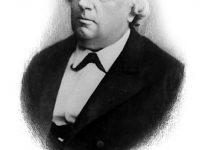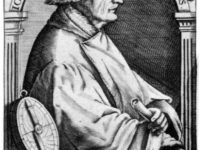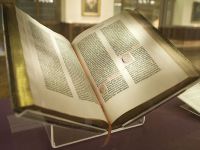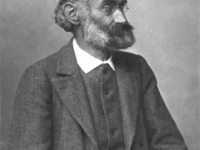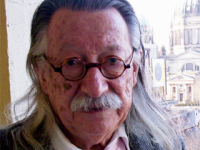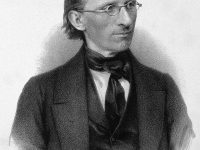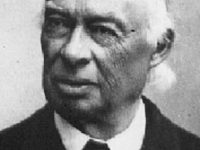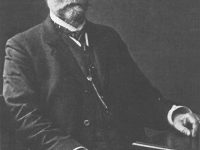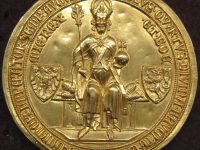Karl Weierstrass – the Father of Modern Analysis
On February 19, 1897, German mathematician Karl Theodor Wilhelm Weierstrass passed away. Weierstrass often is cited as the “father of modern analysis“. He formalized the definition of the continuity of a function, proved the intermediate value theorem and the Bolzano–Weierstrass theorem, and used the latter to study the properties of continuous functions on closed bounded intervals. “… it is true that a mathematician who is not somewhat of a poet, will never be a…
Read more

